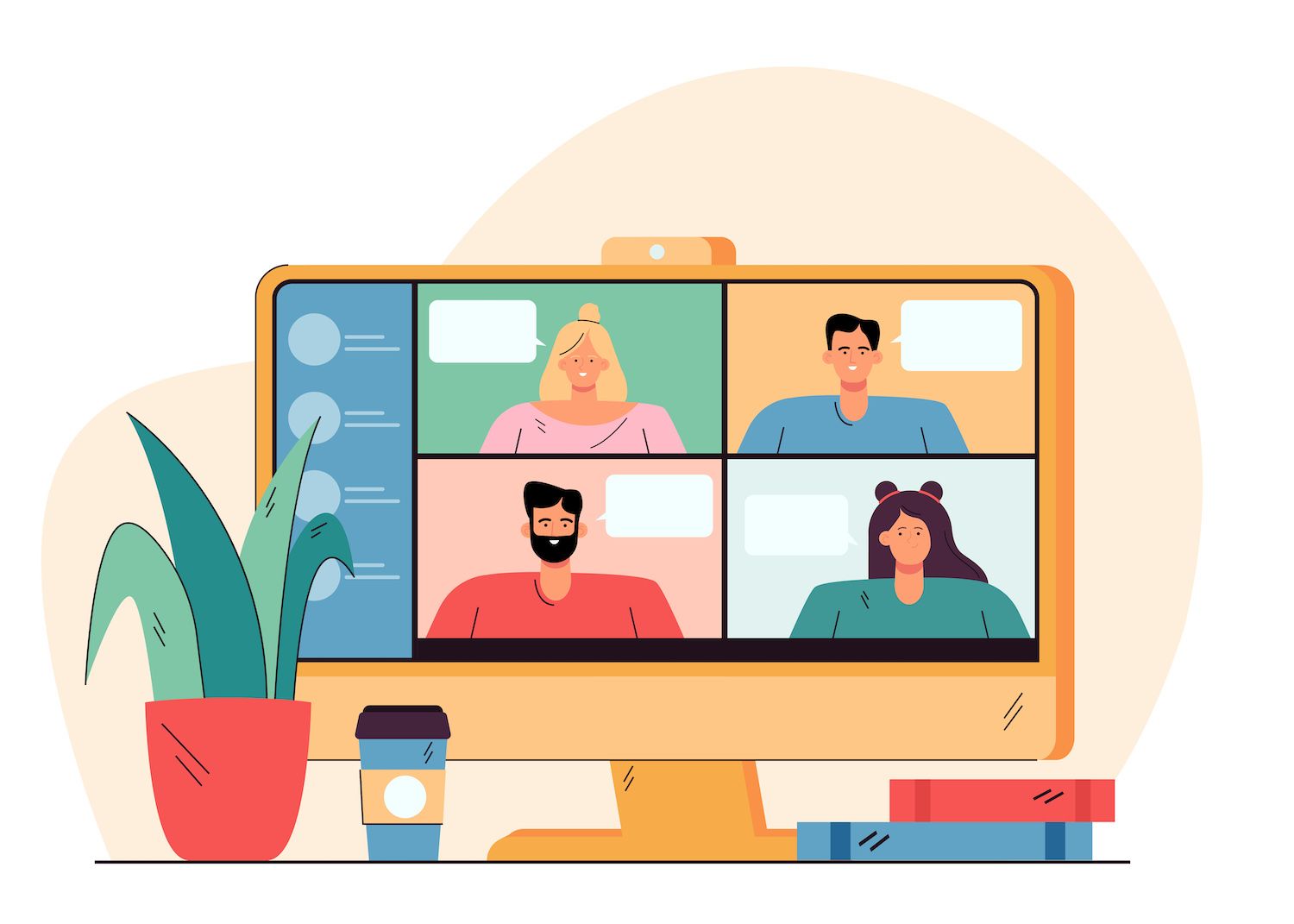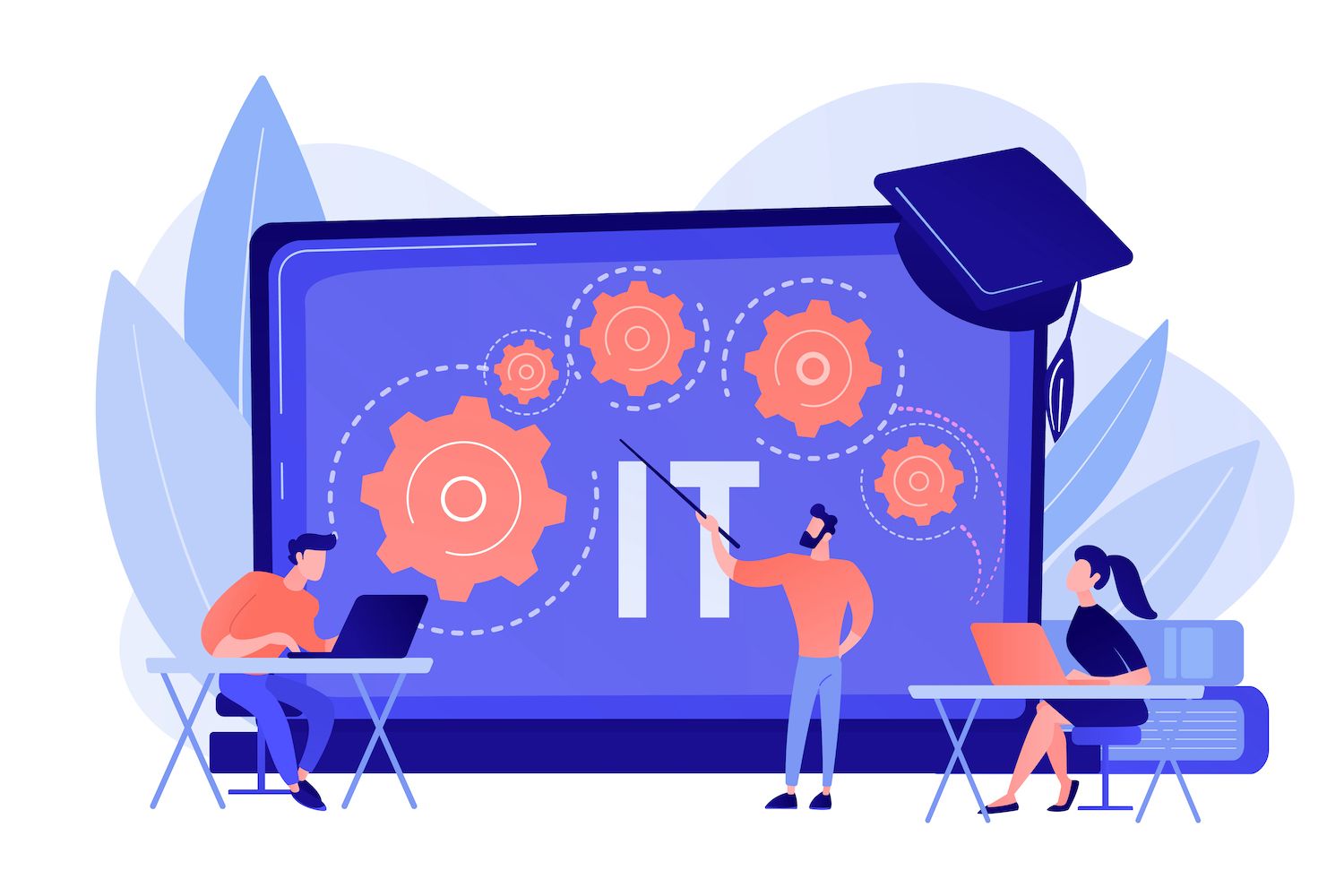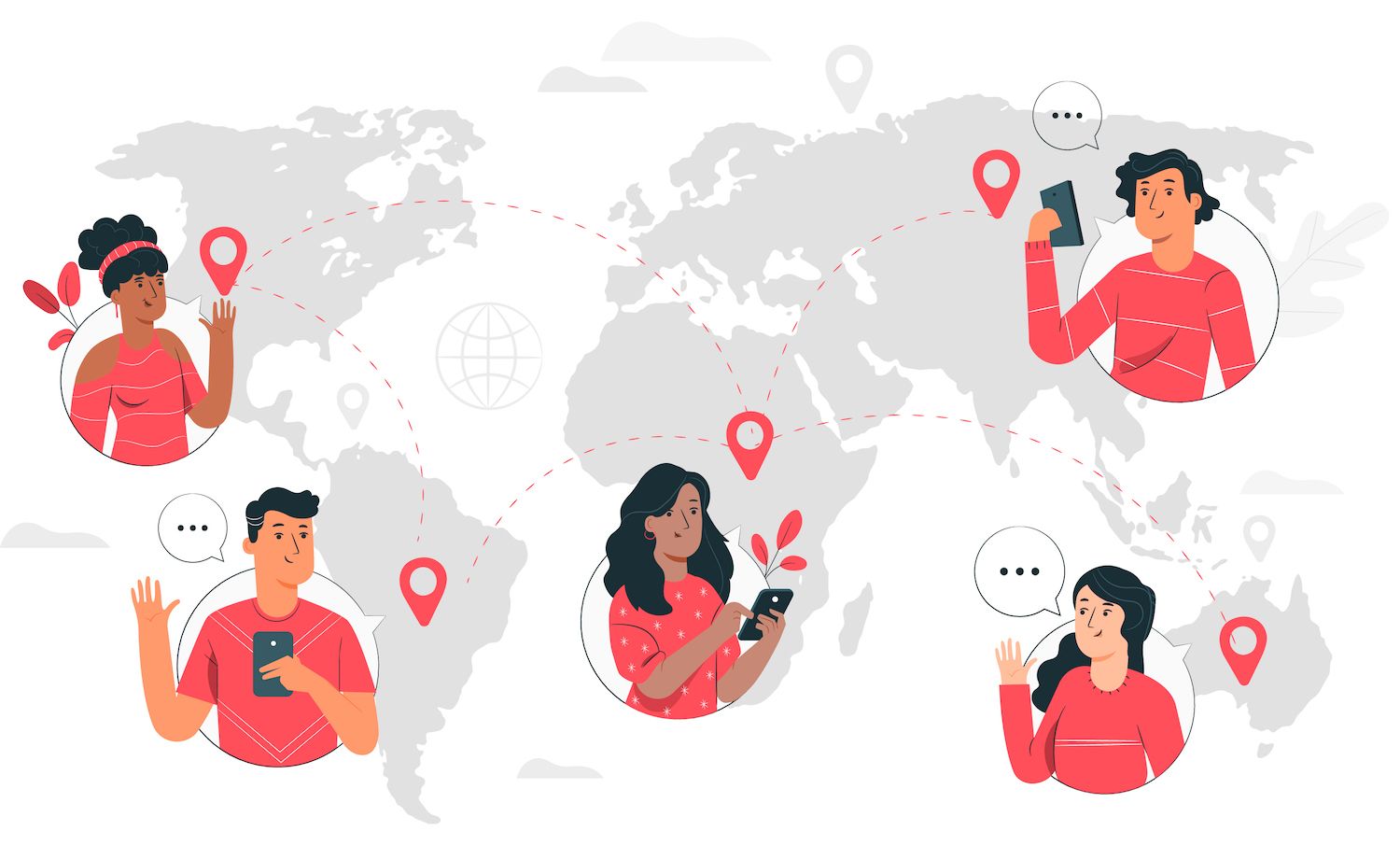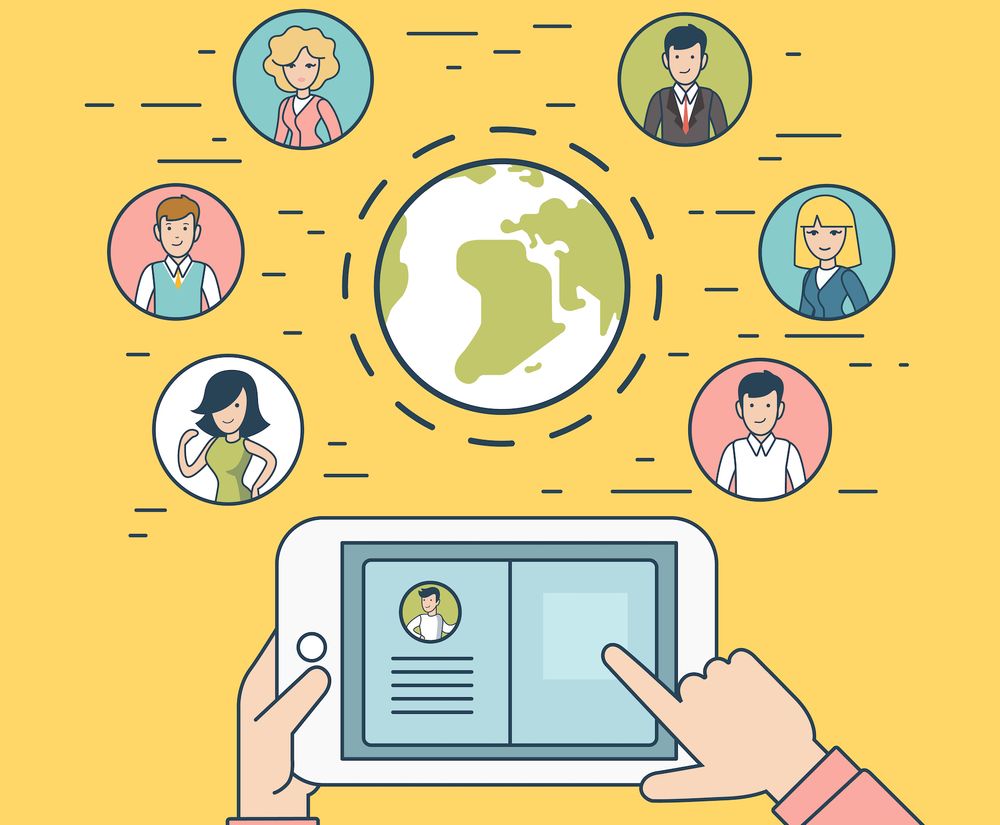An End to Cookies: Preparing for the End of Third-Party Cookies

Everyone loves cookies. Or do they? Like oatmeal raisins People either like or despise third-party web-based cookies. Now, major players like Google are trying to phase them all out.

The cookie-free future is nearing its horizon, now's the best time to prepare. In this post we'll discuss the future of cookies the implications of it, as well as how we can all make the most of it.
Read on to learn more, and then say goodbye to cookies -- or at the least digital ones.
What Is the "Cookieless" Future?
What's the significance of this? You may have a basic understanding of what cookies are, you may not know just how frequently they're used as well as the privacy issues they've raised.
Since security and privacy get more and more crucial on the web, Google, Firefox, as well as other large web-based players are starting to transition to a completely different set of cookies.

Before we get into it, let's take a a brief refresher on what exactly cookies are and the ways they could cause harm.
What Are Cookies?

Their primary purpose is to help identify users, they're largely used for exactly that: telling websites that you're. As you might imagine, it makes cookies beneficial for many applications, from maintaining log-in sessions, to serving advertisements through context-based advertising.
Like their chocolate-based counterparts they also come with many different flavors and some are more palatable over other varieties.
- Cookies from the first party:Cookies served directly from the site you're visiting. They are typically employed to keep sessions running, so you'll stay logged in the next time you visit. The majority of times First-party information is secure in the event that the site you're visiting hasn't been compromised.
- Third-party cookiesCookies provided by third-party companies that aren't on the site that you're on. They're usually tied to third-party sites via ads or other options. This means that even the most well-intentioned site owner could become a source for third-party cookies if the site owners include ads from third party sites with less-than-reputable methods.
It's not difficult to see that third-party cookies are among the more controversial of our two varieties. In the next section we'll discuss why they cause so much concern and why they're so widely used despite it.
The Third-Party Cookie Controversy
Where first-party data is usually fairly innocent (essentially the "chocolate chip" of flavor), third-party cookies aren't quite so innocent, and the debate surrounding them is one of the primary reasons for the cookieless future.
But what makes them so popular?
For one, third-party cookies are often delivered without consumer consent. That means that as you surf, the ads that you click on could be sneaking third-party cookies into your computer and allowing third-party advertisers to track where you go online.

At their best Third-party cookies utilize this tracking capability to deliver personal experiences (mostly targeted advertisements) on other websites which you access. It is possible to follow the picture to understand how a user gets an external cookie that affects how ads are displayed to them.
So what's the big deal? Sure, targeted ads can be a bit creepy however, they're not really that harmful, are they?
Yes and no. Cookies by themselves aren't harmful or dangerous, whether third-party or not. However, many users don't like being followed.
What is "Cookieless" What does "Cookieless" mean?
Being "cookieless" means that you are not taking or accepting cookies from third party sites.
Thankfully, there is a variety of options that permit users to enjoy all advantages of cookies but without cookies themselves. Although many browsers and websites remain in transition however, all of these changes are leading to a common aim: a cookie-free future.
How can we be sure of a Cookieless Future?
There are numerous benefits of the future without cookies, particularly in the area of security.
But, the benefits may appear to be more of a hassle to site owners and marketers in particular, when you consider that the majority of marketers using third-party information and cookies. This is why many are questioning the reason why a cookie-free future is necessary in the first place.

Plus, a cookieless future could not be totally cookie-free in the end. Since third-party cookies are the main concern, many sites may still remain able to use first-party cookies (ones that they use for their own) without worry.
But even with the security and privacy benefits, a cookieless future can still feel like an enormous hassle. However, as we'll learn in the next section, there are plenty of more reasons to adopt cookies -- some of which may even present cost savings.
Why Are Cookies Being Phased Out?

While that's probably sufficient but there are many other factors why a cookieless future is an excellent option. We'll dive into these crucial elements.
Privacy
In the past, as we've mentioned already, third-party cookies come with privacy problems. The most significant issue is tracking users' behaviour without knowing. Advertisers and third parties (malicious as well) have long been successful in storing cookies on browsers used by users.
While laws, such as those of the General Data Protection Regulation (GDPR) are now requiring users to accept cookies, a lot of users click through the prompts (such as those below) out of habit or the desire for.

Are you interested in knowing what we did to increase our volume by more than 1000 percent?
Join over 20,000 others to get our weekly newsletter that contains insider WordPress tricks!
Security
In case you thought that stealing your privacy was not enough, cookies create security threats as well. It's like having unwelcome guests!
Here are some important security issues that cookies can present.
- Cross-Site scripting (XSS):Breached websites frequently serve as platforms to host XSS attacks. When hackers are involved, they send malware in the form of JavaScript or HTML codes to websites, which can be used to solicit cookies as well as other information from unsuspecting users. Because cookies may include sensitive data, such as login information, they're an excellent reward for numerous attempts to hack.
The security risks don't just affect users -- they also affect the sites they go to. In the end, many site owners are embracing the cookie-free future for the security benefits!
Ad Fraud (or Affiliate Fraud)
Cookies can also be utilized to make fraudulent purchases and page activity. Though it might not sound as a huge deal but it has allowed fraudsters to commit millions of dollars of fraudulent sales.

Actually, not at all. Although most legitimate affiliate programs and their affiliates have no issues with this system However, some fraudsters have made use of it. It usually takes the form of cookie stuffing which is when unsavory third parties put harmful cookies on an infected site. When unsuspecting users visit this website, they get the cookies that secretly communicate with the affiliate page and generate fraudulent sales.
As a result, advertisers and affiliate programs too are keen to embrace cookies-free (and more secure) future.
Cost Savings
You can probably imagine that consumer privacy, security, and fraud are a challenge to monitor and mitigate. However, the truth isn't very far off.
While cookies offer many benefits to marketers, advertisers and owners of websites however, they also pose massive costs to anyone worried about security. Although the specifics of our future cookie-free future are undetermined, eliminating cookies could eliminate some of the risks and costs associated with them.
The potential impact of a cookieless future
Although a future without cookies offers many benefits for privacy and security however, it's not an option for everyone.

It's not only about cybercriminals who utilize cookies to gain advantage. Rather, many site administrators, marketers as well as businesses, are currently facing the challenge of transitioning to a non-cookie environment. If you are using cookies to track reasons or to create a user journey could be required to look for other tracking signals or solutions.
Here's how the cookieless future will impact many of the largest key players on the web.
For the Users
To users, the cookie-free future can be beneficial. With a lot of browsers and sites abandoning cookies, customers can browse with the confidence they know that their session and cookies aren't being used for illegal activities.
In turn, websites won't be able to use cookies to track user activity or build invasive user profiles. If you look at the big picture, the cookieless future looks quite promising for the vast majority of people using the internet.
For Site Owners
For owners of websites, the new cookie-free future looks very exciting but also a challenge.

Though site owners won't have to fret as much about security-related issues involving cookies but they'll need to change the way they interact with users and create a seamless user experience.
For Marketers
As advertisers typically make use of third-party cookie to provide relevant ads, digital marketing will see many of the greatest benefits from a cookieless future.

This isn't necessarily a negative idea, but if anything, it's a advantage. But how can it be with a cookie-free future that removes a lot of data used for marketing?
How to Prepare for a Cookieless Future
Ready or not, the cookies-free future is already in the making.

Even as some major platforms like Google Chrome continue to delay third-party cookie depreciation, we're already in the process of transition. Therefore, right now is the ideal moment for website owners marketing, businesses, and site owners to plan for a cookie-free future.
Follow these tips to adapt and be successful.
Be on guard for emerging privacy Risks
Although first-party information doesn't be the next major security source, businesses should remain aware of the latest trends in privacy and security. The last two decades have demonstrated, even the most promising technologies could be phased out when they are deemed to pose threat.
Use Alternative Identifiers
Cookies provide a powerful method to identify and track the users. But how can companies and marketers continue to do this in the event of a non-cookie future?

It is possible to use alternative indicators as well as tracking signals. These are just a few which successful businesses are making use of.
- Universal IDs. As the tech world moves away from cookies, a lot of technology platforms are switching towards universal identification. Although Google Chrome doesn't plan to accept them, other platforms are using them as a convenient means of identifying users without the security risks. They are generally supplied by security services which provide interoperable and secure ways of tracking users throughout the web.
- Cohorts. Similar to contextual targeting, making use of cohorts -- or grouping users together based on similar interests -- remains a simple but effective means for tracking. In addition, rather than worrying about individual identity, these platforms use information about activity to provide consistent, focused experiences for groups of users who have common traits, interests or even hobbies.
- On-device solutions. The data from devices has also the potential to further improve groups. In this case, rather than marketing to users based on device data, devices can instead reveal only as much information as a third party has to determine if their user falls to a specific group. By doing this, they maintain their anonymity while marketers can still deliver specific experiences that are based on the evidence of data from users.
Make a More Secure Privacy Policy
If the future of cookie-free computing can teach us anything, it's that there's nothing more important than user privacy.

Summary
With the future of cookies already in the air, there's never been a better time to be a marketer or site owner to make the switch.
Reduce time, money and improve site performance by:
- Help is available immediately assistance from WordPress hosting experts, 24/7.
- Cloudflare Enterprise integration.
- Reaching a global audience with 34 data centers worldwide.
- Optimization using the built-in Application for Performance Monitoring.
